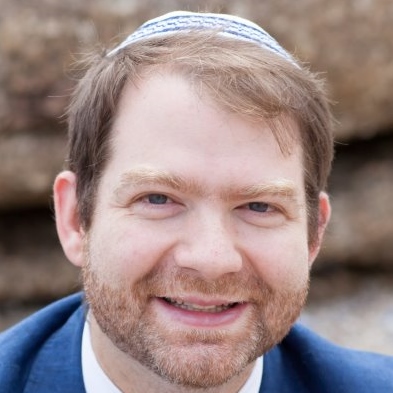
Religion

Parshat Bo – Tragic indecision
Rabbi Sam Thurgood, Beit Midrash Morasha
Our Sages explain further that these Jews who died were the ones who did not want to leave the exile, and in order to hide their deaths from the Egyptians, their demise was in secret and in darkness.
This account, however, simply begs another question: Why would any Jews refuse to leave Egypt? After decades of slavery, oppression, torture and misery, Moshe (on behalf of Hashem) offers them a chance at freedom! I would expect them to jump at it.
Rabbi Mordechai Yosef Leiner, of the great Chassidic Masters of the 1800s and the Rebbe of Ishbitzer Chassidut, suggests that it wasn’t exactly the case that these Jews refused to leave, but that they hesitated. They were reluctant. They asked themselves the question: “Is our freedom worth sacrificing for? Are we willing to give up everything that we have to serve Hashem in the desert?” And they did not have an immediate answer.
The famous Jewish American novelist Herman Wouk wrote about the time that one of his novels was adapted into a Hebrew play, and he was invited to Israel for the first performance. He sat next to Israel’s then prime minister, David Ben-Gurion, and was invited to Ben-Gurion’s home after the play – where Ben-Gurion told his wife, Paula, to serve only kosher food for the religious Wouks. At the end of the evening Ben-Gurion asked: “Why don’t you come to live here? Here you’ll be free.”
“Free?” Wouk responded incredulously. “I have seen soldiers, tanks and extra security everywhere I’ve been!”
“I didn’t say that here you’d be safe,” Ben-Gurion quipped. “I said that here you’ll be free.”
Wouk conceded the point.
Freedom can indeed come at a high cost. A commitment to spiritual greatness requires relinquishment of many things that we would otherwise like to have. But ultimately, we have room in our lives only for a certain number of priorities.
Jewish history has shown us that the Jewish future belongs to those whose greatest priority in life is their Judaism and their commitment to Hashem. We have been forged time and again in the iron crucible, and many times were forced to choose a life of holiness, sacrifice and transcendence over a life of comfort, familiarity and ease.
Our ongoing commitment to this choice must be such that we do not have to wrestle with the decision when it is presented to us, but will immediately choose our faith, people and destiny. The tragedy of the lost Jews in Egypt, says the Ishbitzer, was not that they chose to opt out of the Exodus, but that they didn’t choose to opt in.
It is all too easy to fall away from spiritual greatness – and it is thus all the more crucial that we grab each opportunity for holiness as soon as we see it.




